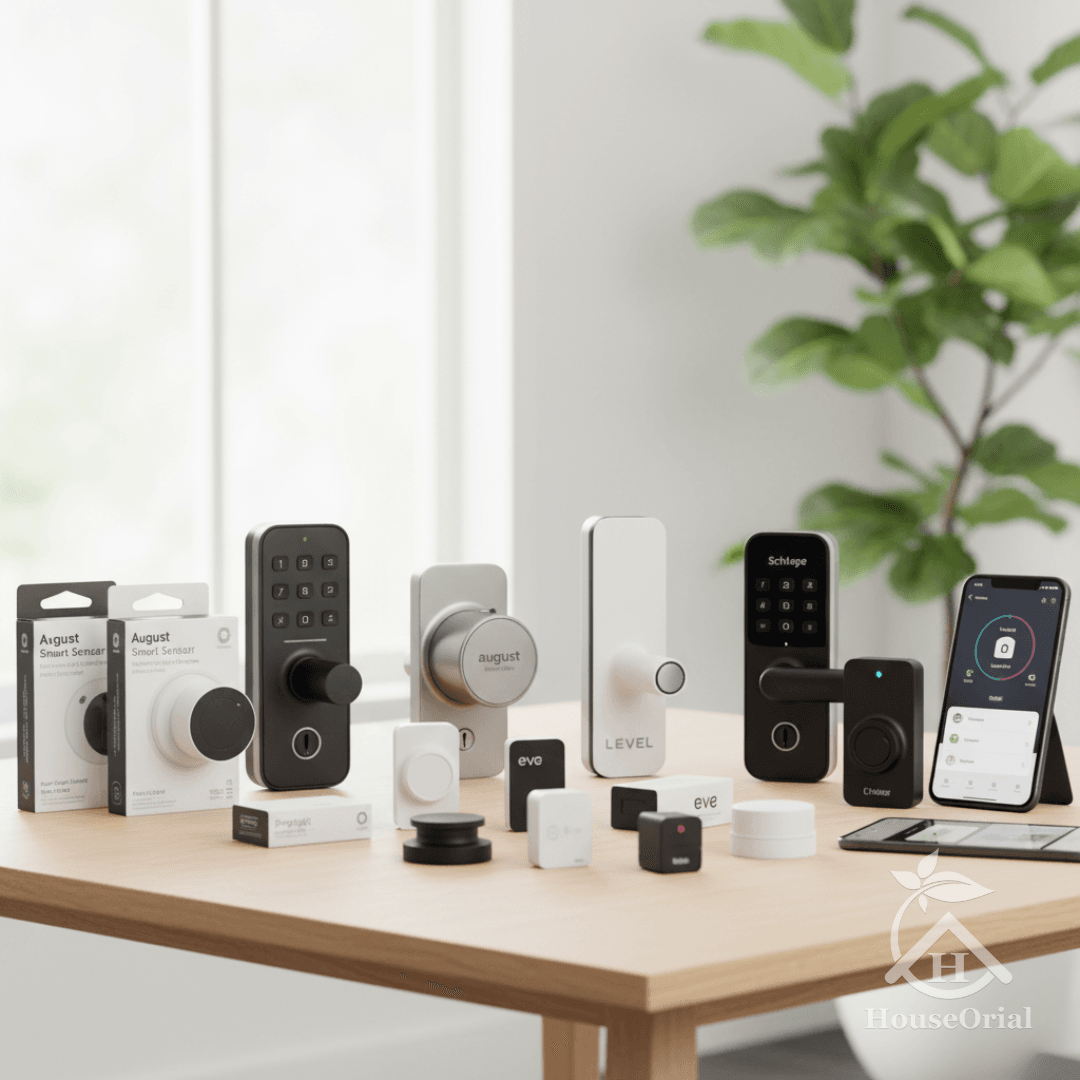Introduction: Does your home have a security system? Or are you concerned about your home security system? You’ve been thinking about adding security devices to your home, but you’ve heard they’re expensive. Or setup trouble. A home security system not only protects against potential intrusions but also provides peace of mind. Regardless of the reasons you think or hear for not investing in a home security system, you should take care of those home security concerns.
Home security systems are expensive, a hassle to set up, ineffective after a few days, etc. We talked to some home security experts to debunk these common myths. Today we will discover the truth about the myths, according to home security experts, in this article, the truth about home security systems.
Table of Contents
Myths -1: Home security systems are expensive
According to the latest FBI data, there were an estimated 1,117,696 burglaries in the United States, with victims of burglary crimes suffering an estimated $3.0 billion in property damage. The average dollar loss per theft offense was $2,661. If the cost of a home security system is less than the value of the stolen items, why not a home security system?
Currently, with advances in security technology, home security systems can be more affordable than you think. Especially if you go for an inexpensive (DIY) system. For a DIY system with your camera, motion sensors, and a few other devices, you can complete a security system for $200 or less. And you can install it yourself.
On the other hand, the cost of a professional home security system is relatively high, but special offers from some home security companies can save you hundreds of dollars on equipment and installation.
So if the value of your stolen items is higher than the cost of setting up and running your home security system, then it is best to choose a security system.

Myths -2: Installing a home security system is complicated
Modern home security systems have become more user-friendly with advanced technology. Gone are the days of complex systems requiring training.
If you have a professionally installed home security system, a professional installer will install all of your devices. They will also explain to you how to use the system during installation. They will provide detailed tutorials and customer support if needed.
On the other hand, if you go for a cheap DIY system, it doesn’t require any wiring other than plugging it in and connecting to Wi-Fi. An app for this will guide you through all the steps of installation, setup, and usage.

Myths -3: Home security systems are only for homeowners
Home security systems aren’t just for homeowners. Renters are also vulnerable to theft. There are also home security solutions for renters. You have different sensors, like entry sensors, motion sensors, and cameras, for your rental house, and you can customize the system according to your needs. Moreover, if you use a DIY system, it can be easily installed and moved with you when you change residences.
Moreover, get permission from your landlord before you’re thinking of installing a system, and be sure to avoid any device that might invade your neighbor’s privacy.

Myths -4: Home security systems are ineffective
If a burglar is truly prepared to break in, an advanced system won’t stop them completely. But a security system will discourage most burglars from entering a home. A study by the University of North Carolina found that about 83% of burglars try to find out if a home has a security alarm before attempting a burglary. About 60% claimed they would look for an alternative target if an alarm was detected. If thieves discover an alarm during a burglary, half can make a hasty retreat, 31% sometimes stop the attempt, and only 13% always continue after finding the alarm. An alarm lets you know who’s breaking into your home. As a result, you can call the police very quickly. And if they are stolen sometimes, security devices can capture images and videos to help identify and arrest them
Myths -5: A security system is not possible without a landline
Landline systems were the norm before wireless systems came along. But today, a landline is no longer necessary for home security systems, even for professionally installed and monitored systems.
SimpliSafe, ADT, Vivant, and Xfinity, among other professional systems, do not require a landline. Which means no extra cost for your phone service. And there is no risk of an intruder cutting the line.
On the other hand, the DIY system you choose also doesn’t require you to have a landline. But only your devices need to be connected to your Wi-Fi. In this case, don’t forget to take precautions to secure your Wi-Fi connection.
Myths -6: A dog is the best burglar alarm
Dogs can be a deterrent to thieves, but they are not the most reliable security system. A barking dog can scare away thieves. But some thieves have the ability to bypass them. Also, sometimes thieves can harm a dog, causing some dogs to become easily distracted or overpowered. Where dogs sleep and are distracted. Security systems provide 24/7 protection there. An alarm or camera can help spot burglars directly in a way that a dog can’t. So dogs can be a part of your security plan, but they shouldn’t be your home’s only line of defense.

Myths -7: Alarms always go off when they shouldn’t (false alarms)
False alarms can be a problem, but home security systems today include pet-friendly motion sensors that separate people from pets. The pet-friendly sensors use passive infrared motion-detection technology, which measures infrared light reflected from other objects, but the sensors do not emit their own LED light. These sensors can ignore your pet up to a certain size. That is, since the size of the pet does not match that of a human, it will not sound the alarm. Thereby reducing the risk of false alarms by your pet.
Myths -8: Permits are required for home security systems
Homeowners need permissions for their alarm systems, mainly to reduce false alarms. But it totally depends on which area you live in. Many large cities and counties require a home alarm permit for residents. If you are considering installing an alarm system, visit your local municipality’s official website to obtain an alarm permit and search for guidelines on alarm permits.
Here are some FAQ for The Truth About Home Security Systems
(Q) 1: Are home security systems too expensive?
(A): Security systems come in a variety of price ranges, from DIY options to professionally monitor. There is a system to fit most budgets, and many homeowners insurance companies offer discounts for having a system.
(Q) 2: What if I don’t have an alarm permit?
(A): The outcome of getting your permit depends on where you live. In some areas, homeowners without permits will see much higher fines for false alarms than homeowners with permits. They will be warned to register their system as soon as possible to avoid further fines.
(Q) 3: Are security systems only good for theft?
(A): Although this is a major advantage in preventing theft. But security systems offer protection beyond theft. Many systems have fire and carbon monoxide sensors that can detect smoke, carbon monoxide leaks and notify you and the fire department immediately. Some systems can even connect to water damage and medical alert devices, allowing you to call for help in the event of a medical emergency
Conclusion
The truth about home security systems after reading this guide, now that you know all the truth, don’t delay in implementing a security system to protect your home and family. Because the next time someone tells you various myths about security systems, think about how much damage you’ve caused by having your home burglarized.
Before choosing the right home security system, do your research to find the best solution for your needs and contact a security company near you. They can help you assess your risk and recommend the best security solution for your situation.








